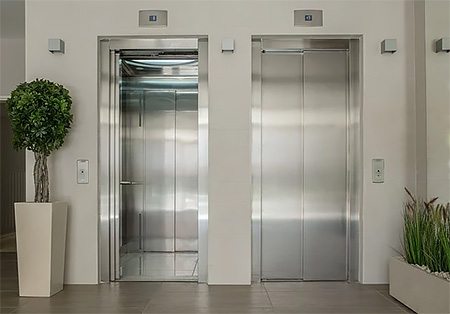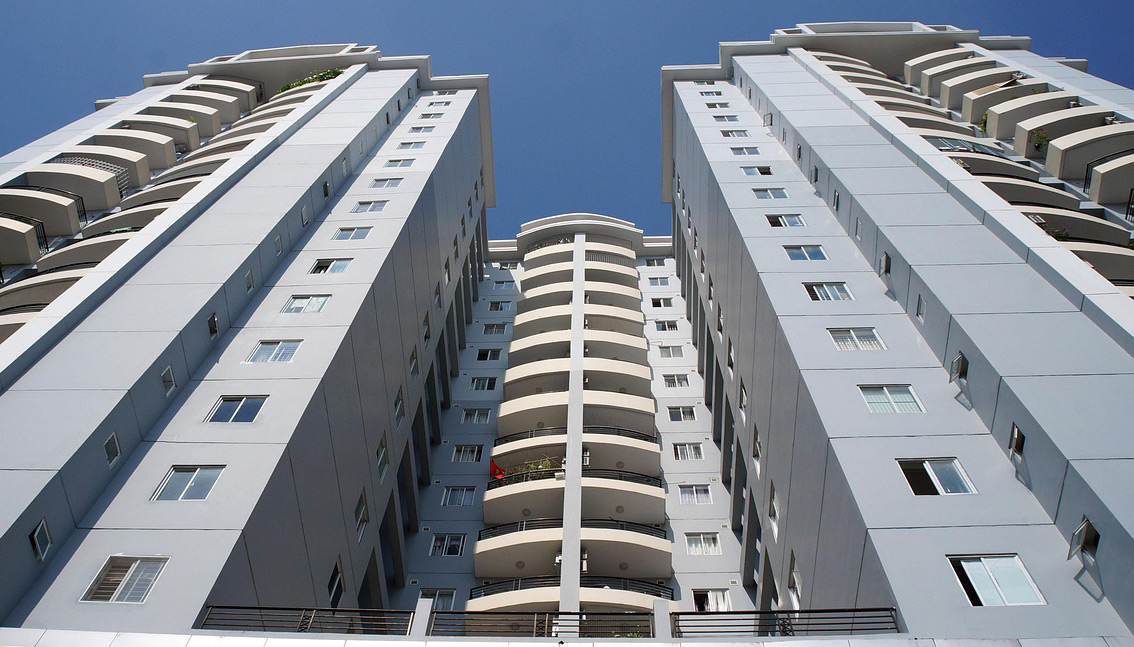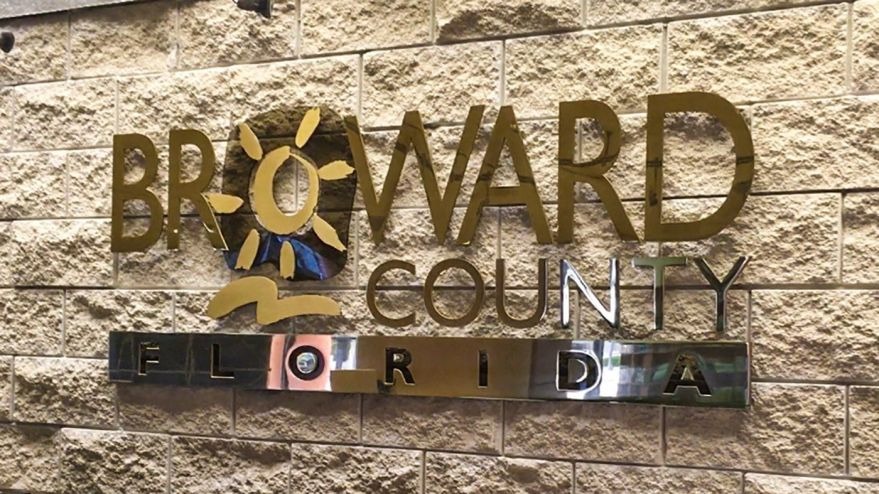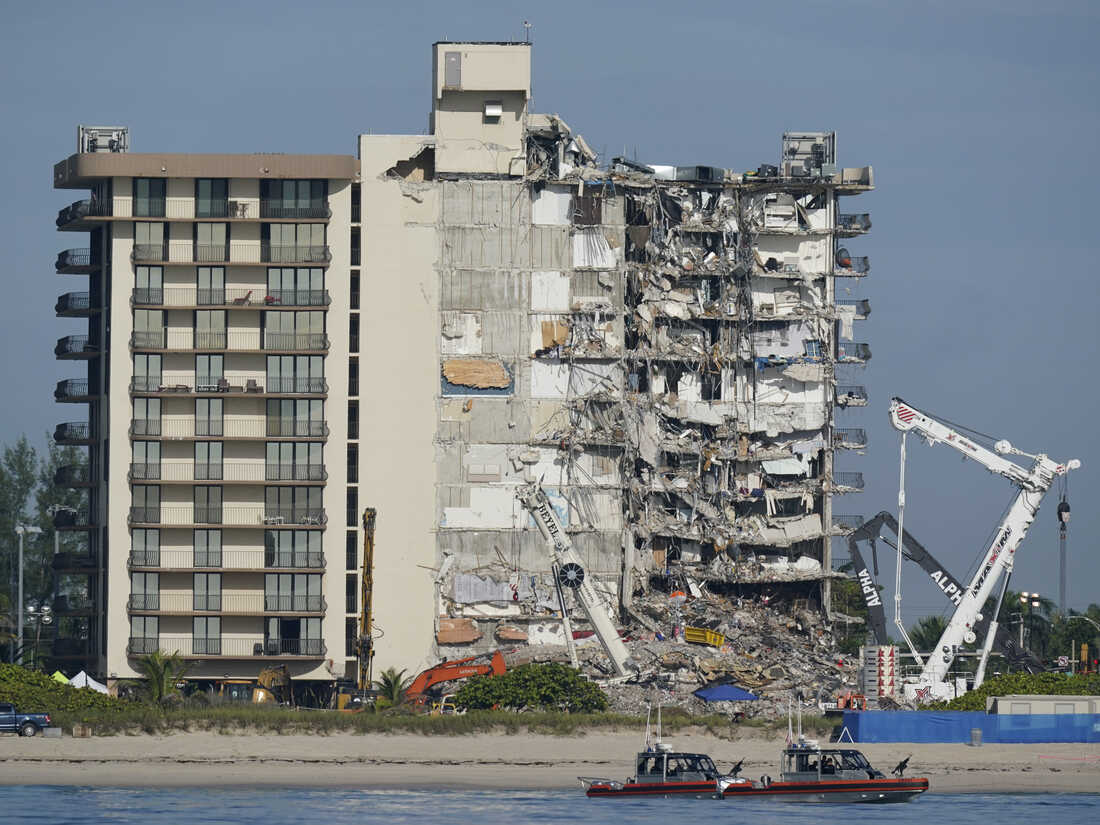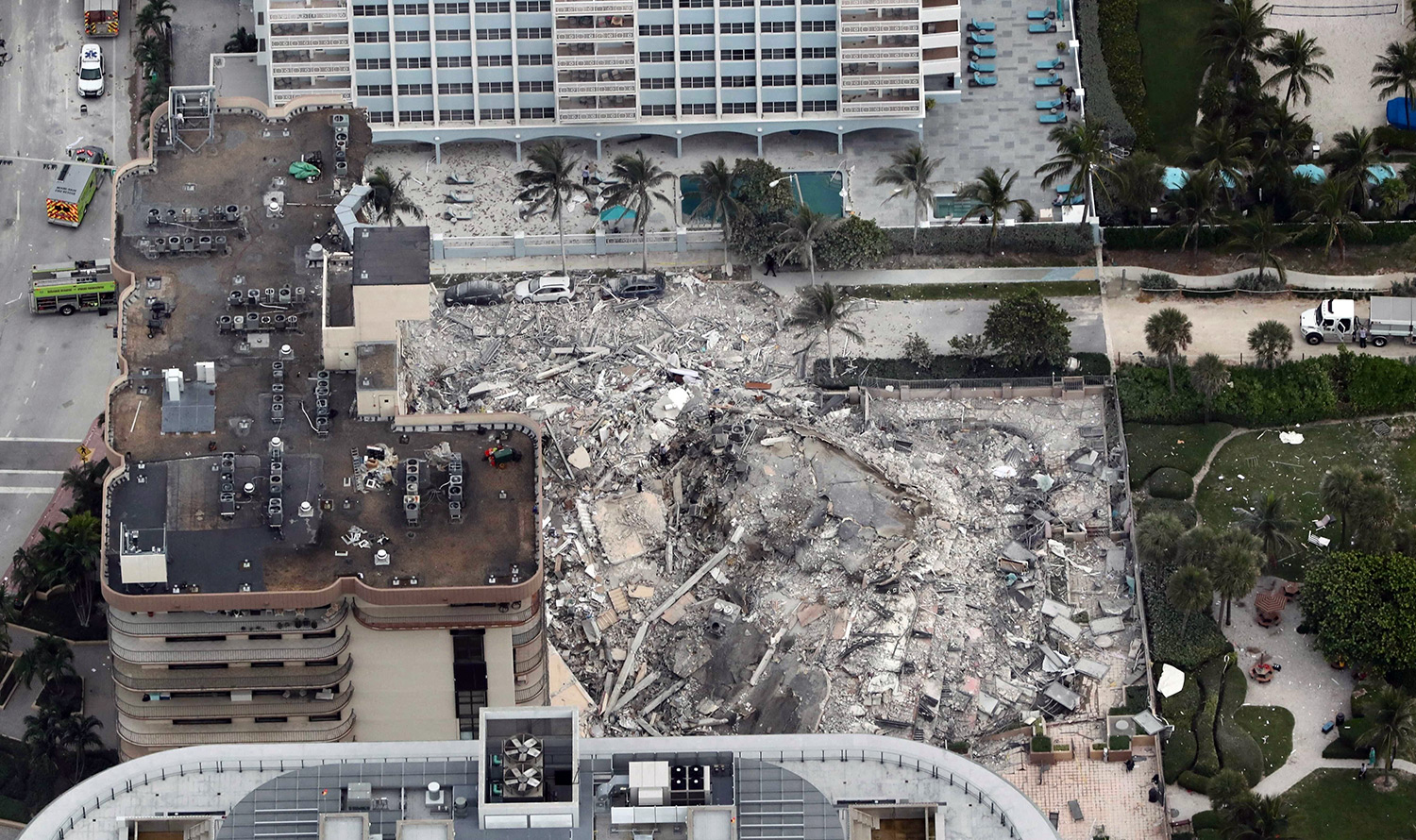
Florida Senate Bill 154 has been signed into law and brings significant changes to Structural Integrity Reserves (SIRS) studies, a crucial element in ensuring the safety and long-term maintenance of condominium buildings across the state. These updates address various aspects, from who can perform the inspections to what needs to be included in the reserve studies. SIRS studies are essential for funding major repairs and replacements of primary structural elements and other vital building systems. In this article, we’ll break down the key provisions of the bill, shedding light on what they mean for associations, building owners, and residents alike.
July 2025 Update: New legislation (HB 913) is in effect for SIRS and Milestone Inspections. Read about current SIRS law changes and Milestone Inspections changes in our latest articles.
Structural Integrity Reserves (SIRS)
The legislative changes from SB 154 have had an impact on reserve studies in Florida, introducing the concept of Structural Integrity Reserve Studies (SIRS, 718.112(2)(g)). Before May 2022, reserve studies focused on four essential components: roofing, painting, paving, and anything over $10,000. They were voluntary and did not necessarily require professional input.
With the advent of SIRS, eight (8) components must be considered in these studies. They include roofing, structure, fire protection, plumbing, electrical systems, windows, foundation, waterproofing, and any component over $10,000 whose failure to replace or maintain negatively affects other items.
Who Can Prepare a SIRS Report?
This assessment can be conducted by individuals with the necessary qualifications. However, when it comes to the visual inspection part of this study, it must be carried out or verified by professionals who hold specific licenses or certifications. This includes licensed engineers under chapter 471, licensed architects under chapter 481, or individuals certified as reserve specialists or professional reserve analysts by respected organizations like the Community Associations Institute or the Association of Professional Reserve Analysts.
What’s Included in a Structural Integrity Reserve Study
A SIRS report must begin by identifying common areas that fall under the association’s responsibility for repair, replacement, or maintenance. This includes spaces like lobbies and other shared areas accessible to all residents. While categorizing these areas, they should align with the components specified in the legislation.
The remaining useful life of components is a critical aspect of SIRS. Determining the useful life of various elements requires a combination of science and art. It involves considering factors like wear and tear, climate conditions, and maintenance history. Accurately assessing the remaining useful life ensures that associations can plan and budget for future repairs and replacements effectively.
Funding SIRS: Line Item Reserves vs. Pooled Reserves
SIRS legislation emphasizes that SIRS reserve funds must be exclusively utilized for SIRS-related expenses. While SIRS reserve funds may not be used for non-SIRS items, it is important to note that these funds don’t have to be managed in a straight-line item format. Instead, associations retain the option to establish distinct reserve pools for their SIRS-related needs and for other components.
Understanding this distinction is vital because the capacity to consolidate reserve funds offers an effective strategy for potentially lowering the contributions necessary for maintaining the association’s financial stability.
Further, the new law expands the list of systems covered, including roofs, load-bearing walls, floors, foundations, fireproofing systems, plumbing, electrical, windows, exterior doors, and waterproofing.
Clearing Up Confusion: What Needs to Be Reserved For
One of the contentious aspects of the legislation was the question of what specifically needed to be reserved for, especially concerning primary structural elements like foundations and floors. To be clear, the following items are all considered to be related to the structural integrity and safety of the building:
- Roof;
- Structure, including load-bearing walls and other primary structural members and primary structural systems as those terms are defined in §627.706, Fla. Stat.;
- Fireproofing and fire protection systems;
- Plumbing;
- Electrical systems;
- Waterproofing and exterior painting;
- Windows and exterior doors;
- And any other item that has a deferred maintenance expense or replacement cost that exceeds $10,000 and the failure to replace or maintain such item negatively affects the items listed above as determined by the visual inspection portion of the structural integrity reserve study.
SB 154 clarifies that items with a remaining useful life of greater than 25 years or more do not require reserves unless specific deferred maintenance costs are identified. This provides associations with more clarity on what must be included in their reserve studies. Now I’d like to talk specifically about a few specific items that I hear brought up fairly regularly that I’d like to cover as well:
The Owner’s Responsibility – Windows and More
One pressing question is whether windows, typically the owner’s responsibility, should be included in the service. While the glitch bills have addressed this, there remains some ambiguity. It’s important to understand that most condominium declarations explicitly state that windows serving individual units are the unit owner’s responsibility. This means that unit owners are responsible for replacing or maintaining these windows, even if they entail significant costs, such as upgrading to hurricane or impact-resistant glass.
Until further clarification arises, it’s advisable to include only common area windows and doors in the SIRS. This typically pertains to windows and doors in areas accessible to all residents, such as lobbies and mezzanines on lower floors. Any windows not included should be explicitly noted in the report as the unit owner’s responsibility.
Elevators and SIRS
Elevators pose a unique challenge in the context of SIRS. High-rise buildings often require substantial funds for elevator maintenance or modernization. However, as the legislation doesn’t explicitly mention mechanical systems or elevators, interpreting their inclusion in SIRS requires careful consideration.
To address this, two approaches are recommended. The first involves offering a service that encompasses the ten components specified in the legislation and adding any other components deemed necessary, including elevators. However, it’s vital to remember that starting in 2025, full funding will be mandatory for all components included in SIRS.
The second approach entails creating an alternate funding scenario. In this scenario, the components outside the initial ten may be included, such as elevators, mechanical systems, or other high-cost elements. While the primary goal is full funding for all components, the alternate scenario provides a flexible solution for associations facing financial constraints. This approach ensures that critical components like elevators are not neglected due to limited resources.
Clarifying the Role of Caulk and Waterproofing
Questions have also arisen about the role of caulk and waterproofing in SIRS. Waterproofing is now explicitly mentioned in the legislation, alongside exterior painting. This expanded term encompasses various aspects, such as pressure washing, multiple coats of paint, sealant replacements, and the replacement of expansion joints as needed.
Waterproofing also extends to horizontal surfaces, particularly on balconies. Ensuring that these surfaces are properly waterproofed before installing any tiles is essential, especially in coastal high-rise buildings. The term “waterproofing” now encapsulates all these crucial aspects, underscoring its importance in preserving the structural integrity of buildings.
Changes in Timeframes for SIRS
The legislation mandates that condo associations in existence on or before July 1, 2022, complete their initial SIRS by the end of 2024. Subsequent SIRS studies must be conducted every 10 years. This timeframe has not changed significantly, except for potential extensions under certain circumstances.
Another important note: An association obligated to conduct a milestone inspection by December 31, 2026, has the option to carry out the structural integrity reserve study at the same time as the milestone inspection. However, it’s crucial to note that the structural integrity reserve study must not be finished later than December 31, 2026, under any circumstances.
Consequences of SB 154 Non-Compliance and Liabilities
SB 154 establishes clear liabilities for board members and officers who fail to fulfill their responsibilities regarding milestone inspections and SIRS. A willful and knowing failure to obtain the required reports constitutes a breach of fiduciary duty, potentially leading to personal liability. The legislation’s intent is to remove discretion, ensuring that boards prioritize the safety and maintenance of their buildings.
Impacts on Associations with No Reserves
Associations that have historically waived reserves or failed to set aside sufficient funds may experience significant impacts due to SB 154. These impacts could result in increased financial burdens on residents, particularly those on fixed incomes. As Florida has a substantial population of retirees, the new requirements may present challenges for these individuals.
In my experience working with developers during the turnover process, I have found that contributions to SIRS could increase by more than 50% due to the new legislation (in some cases by 100% or more). This underscores the importance of associations and their residents understanding and preparing for the financial implications of SB 154.
Closing Thoughts
As Florida Senate Bill 154 reshapes the landscape of SIRS studies and their associated requirements, it’s paramount for condominium associations, owners, and residents to stay informed and adapt accordingly. With a focus on enhancing building safety and ensuring proper funding for essential maintenance, these updates aim to protect both property values and the well-being of those who call these buildings home. Compliance with these new regulations is not just a legal obligation; it’s a commitment to safeguarding the structural integrity and safety of Florida’s condominiums. Get your SIRS done as soon as possible by a qualified team.
If you have questions about how SB 154 applies to your building, we encourage you to reach out to our team at Building Mavens. As South Florida’s premiere Milestone Inspections, SIRS, and Engineering Consulting firm, we understand the legislation’s nuances and deadlines, affording us the knowledge to help provide you with the inspections and guidance necessary to help you move forward with confidence and clarity. Contact our team today and let us seize this opportunity to build a safer and more secure future together.
About the Author

With a comprehensive background spanning public and private projects, Scott’s proficiency encompasses structural engineering design, construction oversight, and forensic analysis. His role involves investigating structural failures, construction defects, and code compliance to ensure project integrity while upholding safety standards and building codes. Beyond his investigative prowess, Scott is a skilled design engineer, contributing to diverse architectural facets including building envelope systems and designs for various materials. His extensive portfolio includes projects ranging from residential designs to commercial structures like warehouses and piers. Across all phases of project development, from conception to inspection, Scott’s dedication to innovative and compliant engineering solutions shines through.
Contact me for more information: info@buildingmavens.com

